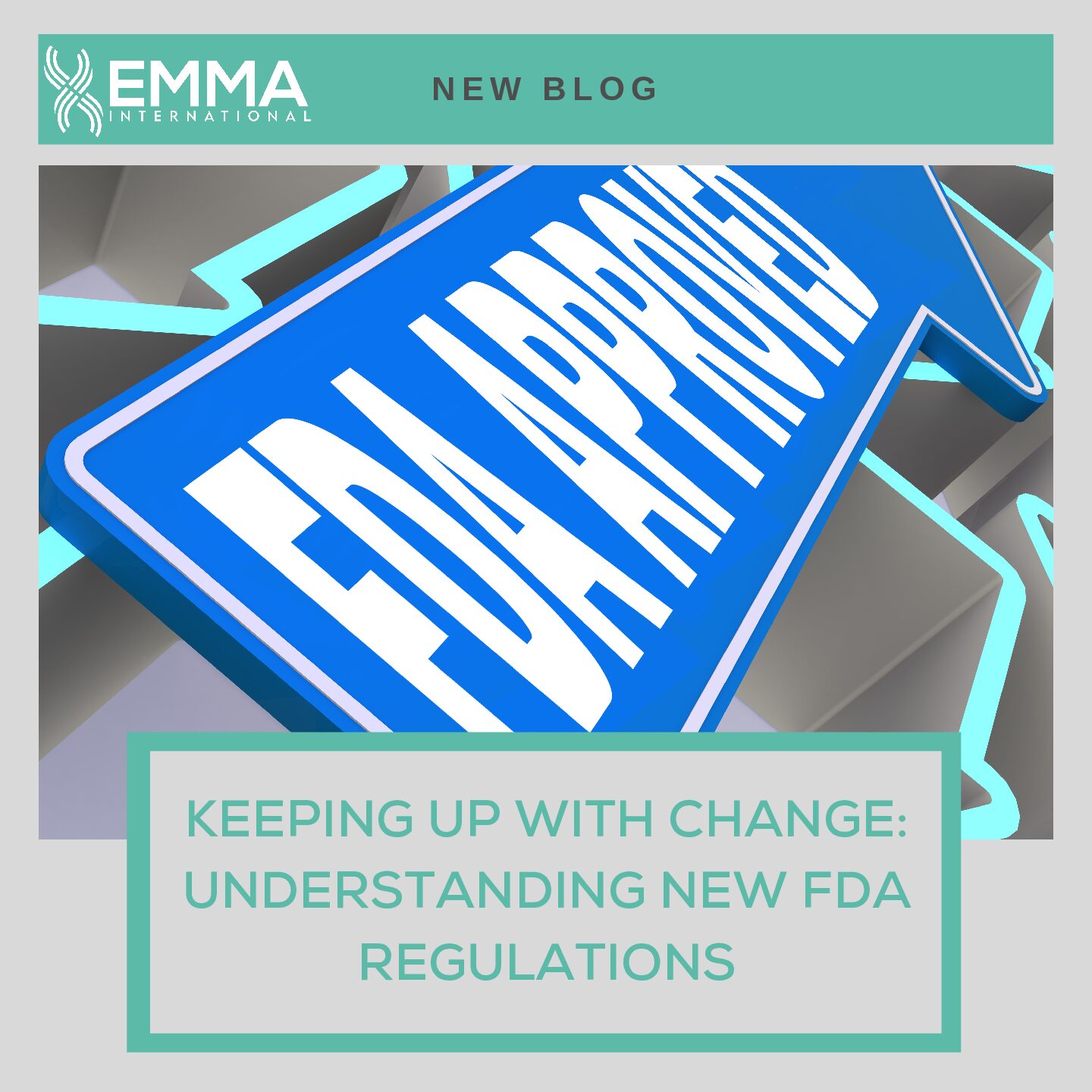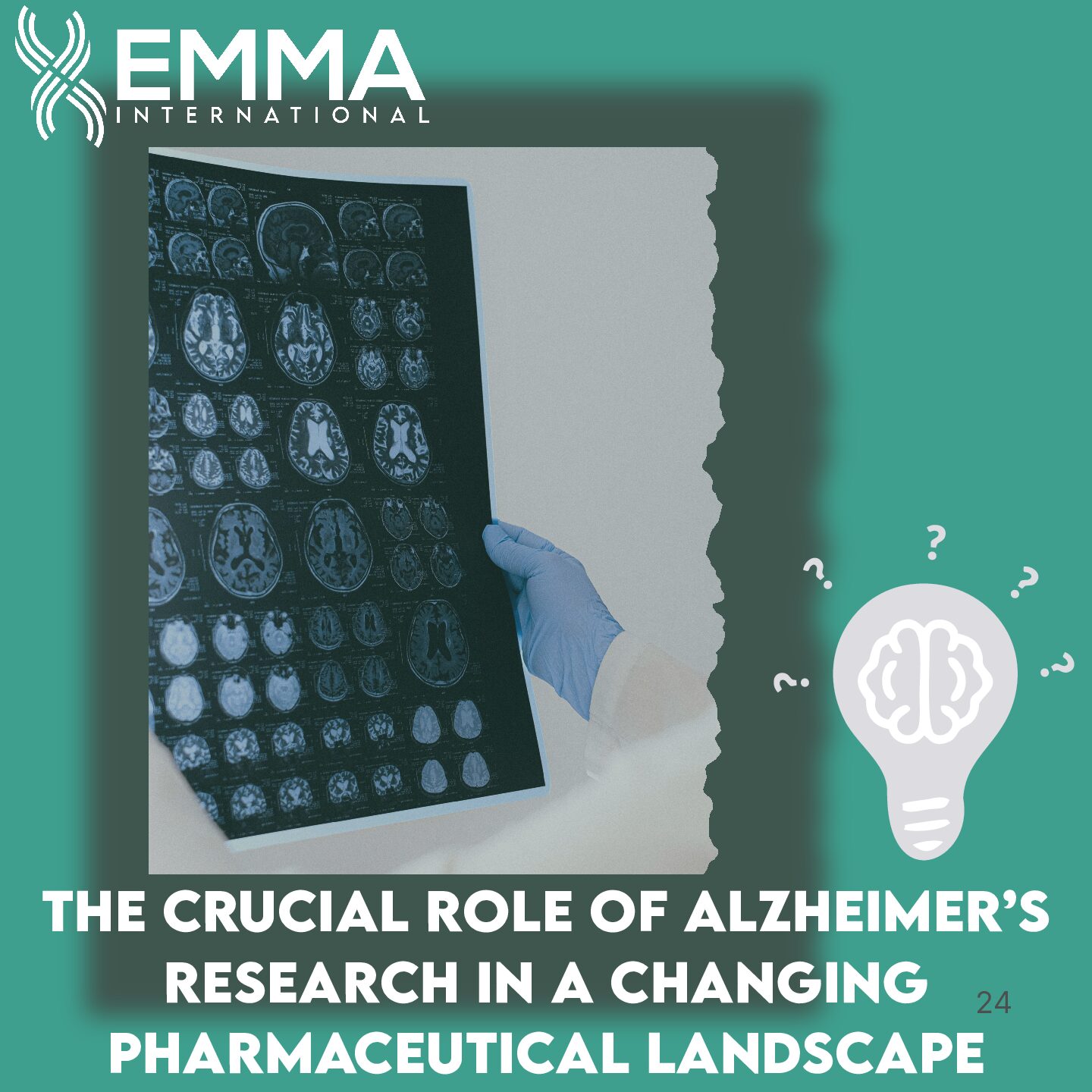In the realm of cutting-edge medical advancements, CRISPR (Clustered Regularly Interspaced Short Palindromic Repeats) technology has emerged as a revolutionary tool for gene editing. As researchers explore the potential of CRISPR in the development of gene therapies, the regulatory landscape becomes a critical aspect of ensuring the safety and efficacy of these groundbreaking treatments. In this blog post, we will delve into how the FDA navigates and regulates CRISPR technology in the context of gene therapy.
CRISPR technology allows for precise and targeted modifications to the genetic code. It comprises a set of molecular tools that can edit, add, or delete specific DNA sequences, offering unprecedented possibilities for treating genetic disorders and other diseases at the root cause.[1]
Before advancing to human trials, researchers must conduct extensive preclinical testing to evaluate the safety and effectiveness of the CRISPR-based gene therapy. This stage involves studies using animal models to understand the potential risks and benefits.
Researchers submit an Investigational New Drug (IND) application to the FDA, outlining the proposed gene therapy, preclinical data, and a comprehensive plan for clinical trials. The FDA reviews the IND application to ensure that the proposed human trials meet rigorous ethical and safety standards.
If the IND application is approved, researchers proceed to conduct clinical trials in human subjects. The FDA monitors these trials closely, evaluating safety data and assessing the therapy’s effectiveness. CRISPR-based gene therapies typically go through Phase 1, Phase 2, and Phase 3 clinical trials, each with increasing numbers of participants.
After successful completion of clinical trials, researchers submit either a New Drug Application (NDA) or a Biologics License Application (BLA) to the FDA, depending on the nature of the gene therapy. This comprehensive document includes detailed data on the therapy’s safety, efficacy, and manufacturing processes.
The FDA conducts a thorough review of the NDA or BLA, considering all available data. In the case of CRISPR-based gene therapies, particular attention is given to the precision and specificity of the gene-editing technology, potential off-target effects, and long-term safety implications.
As CRISPR technology continues to revolutionize the landscape of gene therapy, the FDA’s role in regulation becomes increasingly crucial. The careful and thorough oversight provided by the FDA ensures that CRISPR-based gene therapies meet the highest standards of safety and efficacy, balancing the potential benefits of these innovative treatments with the need to protect patients. As the field advances, ongoing collaboration between researchers, industry, and regulatory authorities will be essential to unlocking the full potential of CRISPR in the realm of gene therapy.
EMMA International’s team of experts can support your gene therapy product from concept to commercialization! Call us at 248-987-4497 or email info@emmainternational.com to get in touch today.
[1] FDA (Mar 2022) Human Gene Therapy Products Incorporating Human Genome Editing retrieved on 11/11/2023 from: https://www.fda.gov/regulatory-information/search-fda-guidance-documents/human-gene-therapy-products-incorporating-human-genome-editing






